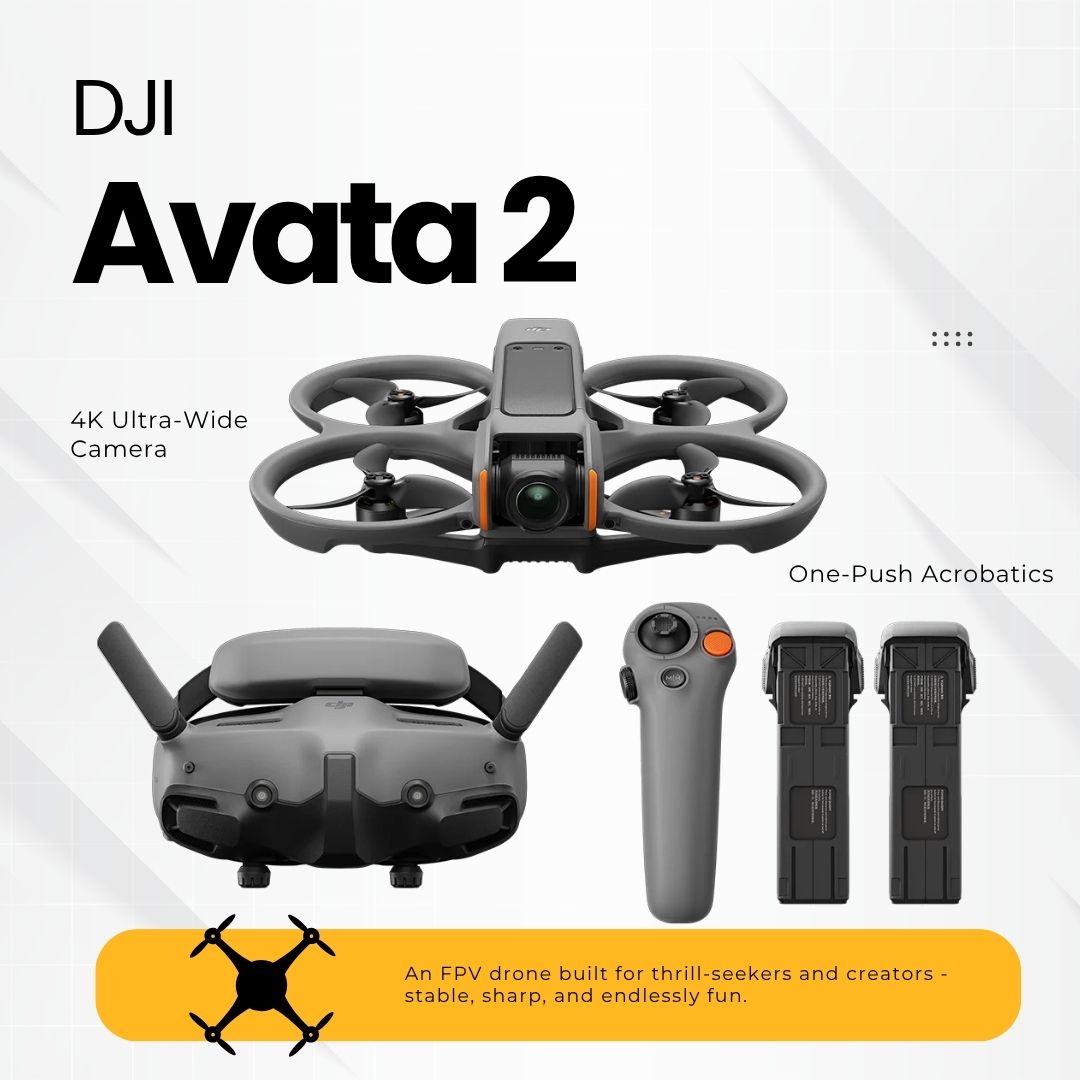Florida Drone Laws: What You Need to Know
Whether you’re visiting the Sunshine State for a coastal holiday or operating as a commercial drone pilot, understanding Florida drone laws is essential. From the busy skies over Miami Beach to the quieter reaches of Key West or Laguna Beach, there are clear regulations in place that every drone operator must follow. In this comprehensive guide, we’ll explore the rules, restrictions, and recent legislation impacting drone use across Florida.
What Are Drone Laws in Florida?
Florida drone laws are governed at both the federal and state levels. While the Federal Aviation Administration (FAA) regulates airspace across the United States, Florida has additional statutes affecting how drones can be flown, particularly near private property, critical infrastructure, and public events.
For drone users, especially hobbyists, it’s essential to distinguish between what’s allowed under FAA rules and what is subject to Florida-specific law. For example, flying over a crime scene in Florida is prohibited without express authorisation, as is interfering with law enforcement activity.

Do I Need a Licence to Fly a Drone in Florida?
Yes, if you are operating for commercial purposes, you must hold a Part 107 Remote Pilot Certificate issued by the FAA. Recreational flyers do not need a Part 107 licence but must pass the TRUST test — a free online knowledge test. The cost of obtaining a commercial drone licence in Florida (i.e., the Part 107 certificate) is typically around USD $175 for the testing centre, not including study materials.
Where Can I Not Fly a Drone in Florida?
There are several no-fly zones in Florida, including near airports, correctional facilities, and around Florida state parks unless you have prior written permission. Additionally, you cannot fly over crowds or stadiums during sporting events, or in national parks.
Drone Laws by Florida Location
Drone Laws Destin Florida
In Destin, the most significant concern is airspace restrictions due to nearby military airfields. Always check for Temporary Flight Restrictions (TFRs) and local ordinances. The city also enforces bans on drones near crowded beaches, particularly during tourist season.
Drone Laws FL Beaches
Generally, drones are not allowed over populated beaches in Florida without prior authorisation. The reason is public safety and privacy. Still, early morning flights over empty stretches may be permitted if within FAA guidelines.
Drone Laws Key West
Key West has a local ordinance that bans drones over city property and parks without prior approval. This includes beaches and recreational areas. The Monroe County Sheriff’s Office enforces strict drone policies due to privacy concerns and the island’s limited airspace.
Drone Laws Laguna Beach
Laguna Beach, located in Walton County, prohibits drones in most of its public parks and beaches. Operators may face fines if they fly without checking local rules. Be especially cautious during events or school hours.
Drone Laws Miami Beach
Drone laws in Miami Beach are particularly strict. The city has banned drone use during major events like Art Basel and Spring Break without prior authorisation. Local law enforcement is quick to intervene if drones are spotted over crowds.
Drone Laws Orlando
Drone operators in Orlando must be cautious of airspace restrictions due to proximity to Orlando International Airport. Local parks and theme parks like Disney World are off-limits for drone flights. Violating Disney’s no-fly zone is a federal offence.
Drone Laws Tampa
Tampa’s urban layout and proximity to MacDill Air Force Base make it a high-restriction zone for drones. Stay updated on FAA flight maps and avoid areas with high foot traffic or government buildings.
Can I Fly My Drone on the Beach in Florida?
The short answer is: it depends. While drone laws Florida beaches allow for recreational drone flight in certain low-traffic areas, each council or city may have its own regulations. Always check with the local authority. Even where drone flight is allowed, operators must avoid flying over people, must stay below 120 metres, and must keep visual line-of-sight at all times.
Can I Fly a Drone in Florida State Parks?
Florida State Parks generally prohibit drone use unless the drone operator has acquired written permission for specific research or filming purposes. This rule aims to protect wildlife and the natural environment. So, are drones legal in Florida state parks? Technically yes — but only under strict, permit-based conditions.
Can Someone Fly a Drone Over My House in Florida?
This is a frequently asked question. The answer is nuanced. While FAA regulations govern airspace, Florida drone laws also protect individuals from surveillance or harassment. If someone is flying a drone repeatedly over your property in a way that invades your privacy, Florida’s laws may allow you to take legal action under the state’s anti-voyeurism statutes.
Are DJI Drones Banned in FL?
As of mid-2025, there is no statewide ban on DJI drones for recreational or commercial use in Florida. However, some government agencies are restricted from purchasing or using DJI products due to national security concerns. If you’re a hobbyist or private contractor, you can still use DJI drones legally in Florida.
What Is the New Drone Bill in Florida?
Florida House Bill 1049, which passed in 2023, imposes stricter controls on drones used near critical infrastructure such as power stations, water treatment plants, and prisons. It reinforces the state’s commitment to public safety while maintaining alignment with FAA standards.
Can You Fly a Drone Over a Crime Scene in Florida?
No. Under Florida law, flying over active crime scenes, emergency response zones, or areas under temporary flight restrictions is illegal. Doing so can result in fines or even arrest.
Can I Fly My Drone in the Florida Keys?
Drone use is highly restricted in the Florida Keys, particularly in wildlife sanctuaries and near national parks like Dry Tortugas. Permits are required for commercial filming, and recreational flights are discouraged near protected areas due to the sensitive marine ecosystem.

Can I Fly My Drone at Night in Florida?
Yes, provided you have a Part 107 certification and your drone is equipped with anti-collision lighting visible for at least 4.8 kilometres. Recreational pilots can also fly at night if they comply with these lighting requirements.
Is Drone Fishing Legal in Florida?
This remains a legal grey area. While not explicitly banned, the Florida Fish and Wildlife Conservation Commission warns against using drones in a way that disrupts wildlife or violates boating and fishing laws. It’s best to avoid using drones to drop bait or hooks unless you’ve confirmed its legality in that area.
How Does Florida Deal with Drones?
In general, Florida adopts a safety-first, privacy-respecting approach to drone legislation. Local councils often pass additional restrictions to control drone activity during public events or in tourist-heavy areas. Enforcement is handled by local police or park rangers, particularly where crowd safety or wildlife protection is concerned.
How Much Do Drone Pilots Make in Florida?
Commercial drone pilots in Florida can earn between $60,000 and $120,000 per year, depending on their level of experience and the industries they work in. Sectors such as real estate, surveying, cinematography, and construction are among the most lucrative.
Summary: Navigating Florida Drone Laws
Florida drone laws are a blend of FAA regulations and state-specific rules designed to ensure safe, respectful, and responsible drone use. Whether you’re capturing sunset shots over Laguna Beach, documenting real estate in Orlando, or flying recreationally over Destin, staying informed is key. Always check the FAA’s B4UFLY app, research local ordinances, and obtain the necessary permits when required.
For a broader look at drone laws around the world, and the US, be sure to read our comprehensive guide to drone laws by country.
Drone technology continues to evolve, and so too do the regulations. Flying Glass recommends reviewing local laws before launching your drone anywhere in Florida — especially if you’re travelling from Australia or operating as a commercial operator. Safe flying!






